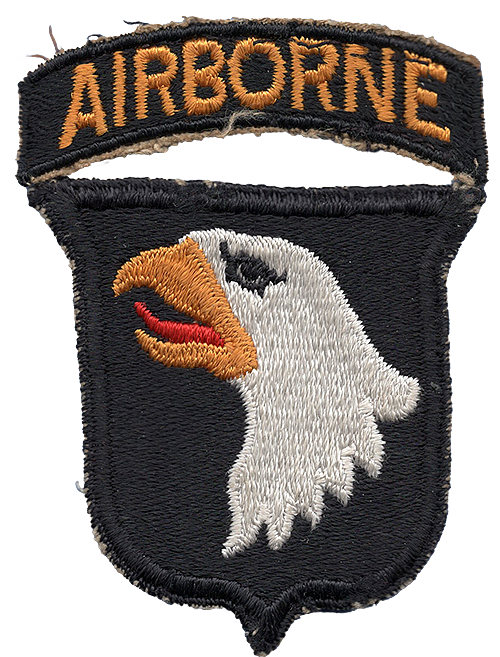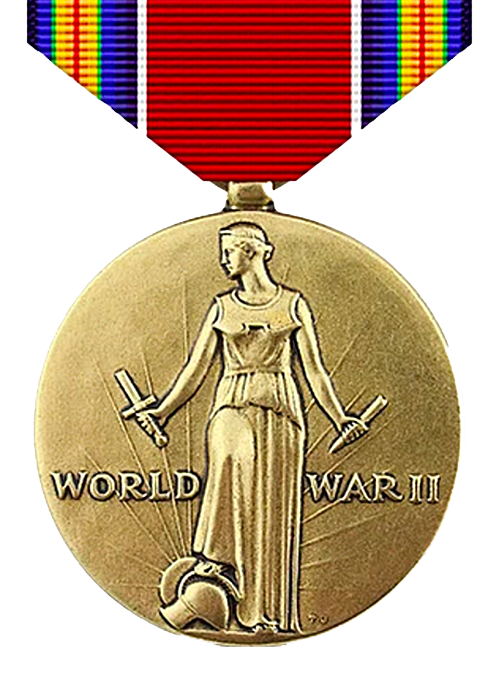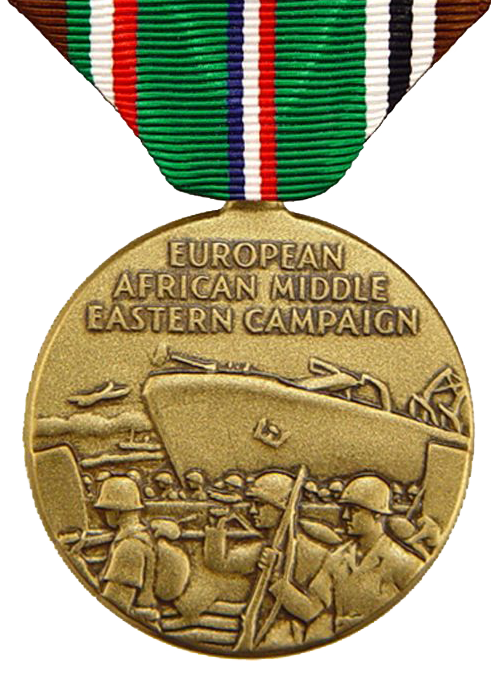My first recollections of war were as an eighth grader in a small Illinois town 100 miles west of Chicago. By this time - about the year 1936 – I could count on a dime each week to go to the local movie house. Before the main feature, the newsreels were full of a Civil War in Spain, Japan invading China and, in Central Europe, a ridiculous little man with a Charlie Chaplin mustache ranting in German and endlessly reviewing his goose-steeping troops.
After Adolf, the good stuff. There was usually a movie serial followed by the main attraction – perhaps Jimmy Cagney in a gangster flick or a musical with Rogers and Astaire or Dick Powell or Alice Faye. Lots more fun than Hitler. And I recall Armistice Day (later Veterans’ Day) when I was in 6th, 7th and 8th grades at in my little grade school. That was a special time to which to look forward. A patriotic program at school was a usual feature – it was then not a school holiday. The speaker who appeared was always Mr. L.W. Miller, Lee County Superintendent of Schools. Mr. Miller, a dignified old gentleman with a white mustache and white hair, could have been a stand-in for Frank Morgan playing the Wizard of Oz.
He would give a speech of remembrance on the sacrifices of the soldiers who served in the trenches in France in World War I just 16 or 17 years before. The address, all about the war to end wars, elegantly delivered, made us glad our country would never again face such an ordeal.
1939
September 3
I was asleep on the daybed on the front porch when my dad woke me this Sunday morning to tell me France and England had declared war on Germany. In my 15 year old wisdom, I knew this wold soon take care of the Nazis and that funny looking little man we had to watch at the moves in every newsreel before the main feature came on.
1941
December 7
By this time, I had graduated from high school and was barely into my first year as a college freshman at Illinois Wesleyan University. On the afternoon of December 7th, I was performing in a fraternity chorus at Wesleyan’s Presser Hall. When the concert was over, we learned that the Japanese had bombed Pearl Harbor, a place none of us had heard of. It was an unforgettable night of unease at the fraternity house where I was a pledge.
1943
March 10
Boy Meets World: I left college before completion of my sophomore year for Scott Field, Illinois, for induction into the US Army. Dick Hewitt, the name by which I had always gone, was left behind. I became Private George R. Hewitt with a serial number I remember to this day. Not only did I have to get used to the US Army, I also had to adjust to the fact that I was now George!
March-May
Stationed at Camp Roberts, California, for basic training.
June/July
Assigned to the 327th Glider Infantry, 101st Airborne Division, Fort Bragg, North Carolina. The Division had been formed just a year earlier in 1942 at Camp Claiborne, Louisiana.
September
Sailed from New York City aboard a British ship for an unknown destination. As we hauled our barracks bags on our backs up the gangplank, we could see the burned out and capsized former French liner Normandy ling on its side nest to us a Pier 88.
September 16
One day after my twentieth birthday, I landed in Liverpool, England, for overseas duty with the 101st. Shipped to Camp Rhaniket, Tilehurst-Reading, for invasion training. Remained in England
1944
June 1944
Thus began the big adventure of my life – first time to set foot in another land an this one the one from which my Hewitt grandparents had come, the first time to develop a camaraderie with a truly divers group of guys my own age, the first time to march down an English lane and see hedgerows and flint walls and tiny churches and English pubs, the first time to be inside an English home and know English people. Great experience and I was just wise enough to know it.
It was in one of those English homes not long after our arrival that a particular encounter occurred which still rattles my memory with amusement. Any American soldier interested was invited through the Army chaplains and the local clergy to a get-acquainted meal in the homes of any of their English parishioners will to risk such a venture for the war effort. I went with several other Yanks (as the English called us) to one such home. One of my buddies was Nick, a soldier I now remember only because of that one Sunday afternoon episode. The hostess served us, among other things, leeks. None of us were familiar with this vegetable but Nick soon mastered the situation. He made sure this delicacy was passed around 2 or 3 times and each time he would encourage his countrymen to have more.
“Take another leek, Hewitt,” or “Ingils, you look like you need to take a leek.” Before a decent interval had passed, Nick was at it again. All the Americans were churning inside but managed to keep a proper face. No Yank dared look at a fellow soldier. Obviously this expression – fortunately – was unfamiliar to the English so their decorum was not ruffled. Nick’s nonsense meant nothing to them. However, it is a sure bet that any of the four Americans there that afternoon still remembers the episode – and the panache with which Nick carried it off.









